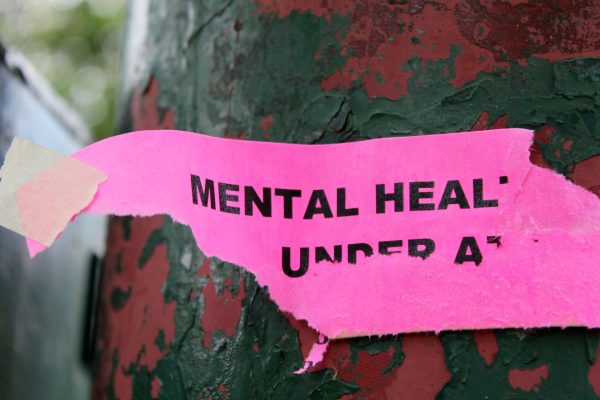Author Karen Gainsford
It is now well accepted that LGBTQIA+ individuals are at considerable risk of experiencing many forms of trauma that can profoundly impact physical and mental health. This lecture outlines an LGBTQIA+ minority stress model and how discrimination and prejudice can leave LGBTQIA+ individuals particularly vulnerable to the impact of trauma. Psychedelic medicines are perhaps the most dynamic and hopeful treatments to emerge within the last decade regarding their ability to effectively treat trauma and the resulting complications. Dr. Bidell will connect his personal and professional knowledge when exploring the hope and promise of psychedelic treatments for the queer community.
The 2023 CTSG and CAPPE Gender, Sexuality and the Politics of Disability Activist in Residence is Shanshan OUYANG (she/ her), who is a Chinese graduate student from the Graduate School of Core Ethics and Frontier Sciences, Ritsumeikan University, Japan and a LGBTQ+ activist, in residence 7 -28 June.
This is a copy of the post on the University WEBSITE on 5th June, here: Brighton research reveals hidden sexual abuse of men and barriers to seeking support.
Annukka Lahti is an Academy of Finland postdoctoral fellow at the University of Eastern Finland, Finland. The interrelations of intimacy, power, sexuality, gender and affect are at the heart of her research inquiry. She has studied them from queer theoretical and affect theoretical, and recently posthuman perspectives. She has published studies on affective inequalities and intimacies, queer and heterosexual relationship contexts, singlehood and LGBTIQ+ breakups. In her PhD research, she developed a queer psychosocial approach to the study of bisexuality in relationships. Thereafter, she worked as the principal investigator on a project studying sexual harassment in Finnish competitive sports. In 2020, she began her postdoctoral project on Finnish LGBTIQ+ separations, funded by the Finnish Kone Foundation. Currently, she is exploring LGBTIQ+ separations in two different cultural locations in the Academy of Finland-funded project Where the rainbow ends: the becoming of LGBTIQ+ separations (project 349408). To read more about the project, please see: https://www.wheretherainbowends.info/
Join us for a conversation with Nick Mirzoeff and Olu Jenzen about the recent publication of Nick Mirzoeff’s White Sight: The Visual Politics and Practices of Whiteness (Mirzoeff, 2023).
LGBTQI+ people come to the UK fleeing persecution. But instead of finding safety here, some are locked up in detention centres where they face LGBTQI-phobic bullying, harassment and abuse.
Join us at the Ledward Centre in Brighton for a short film screening from Rainbow Migration
Join us for a conversation and Q&A with Professor Yvette Taylor (University of Strathclyde), author of Working-Class Queers: Time, Place and Politics (Pluto press 2023) about topics of queer life and social class in contemporary Britain.
Yvette Taylor is Professor of Education at the University of Strathclyde. She has worked with the Scottish Government researching LGBTQ+ lives in the pandemic, and with Scottish Ballet on Safe to be Me, exploring inclusive curriculum in schools. She is the author and co-editor of numerous books on queer life and class inequality, recently including Queer Precarities in and out of Higher Education, and The Handbook of Imposter Syndrome.
Online spaces have been crucial to the formation of trans identities and communities. Yet as Oliver Hamison et al. (2021) describe, for as long as trans communities have been online, trans content has been subject to restriction and censorship for its proximity to ‘adult’ material. This can create difficulty in sharing transition related educational or medical information on social media, and tensions over who should have access to it and what aspects, if any, of this information should be restricted or hidden from young people.
Our Post Doctoral Fellow Tomás Ojeda presents his current postdoctoral reserach considering:
What are the main challenges that mental health professionals face when working with LGBTIQ+ people?
What does it mean for them to work with a depathologising and affirmative approach?
What socio-political, cultural, economic and institutional contexts must be considered when thinking about this work?











